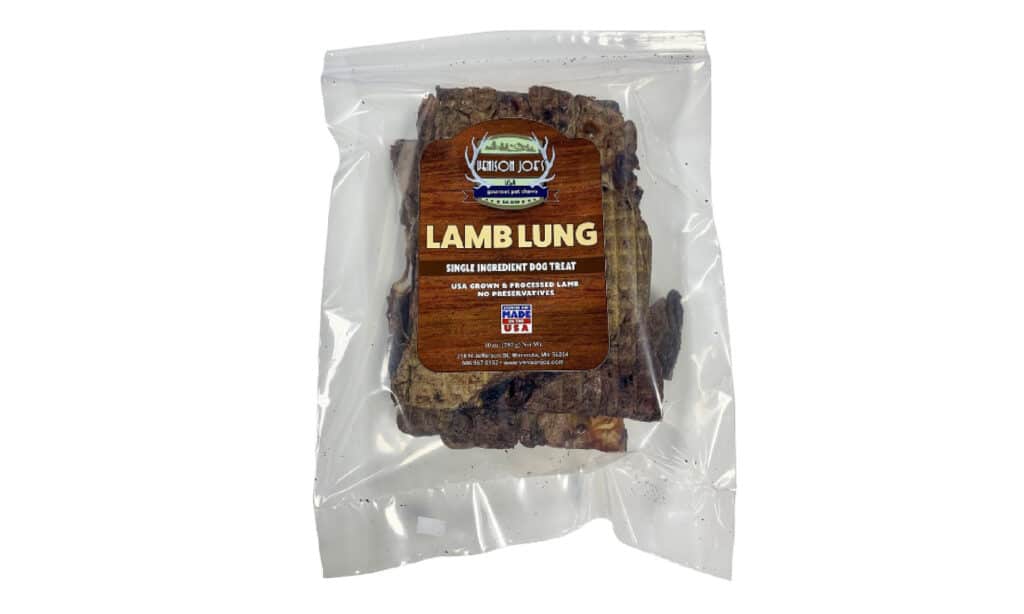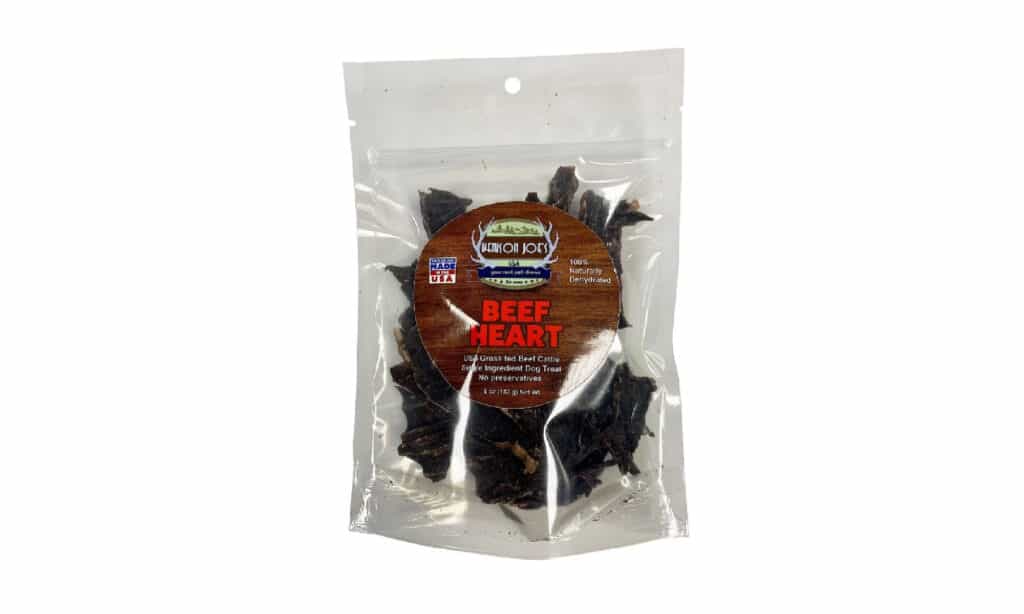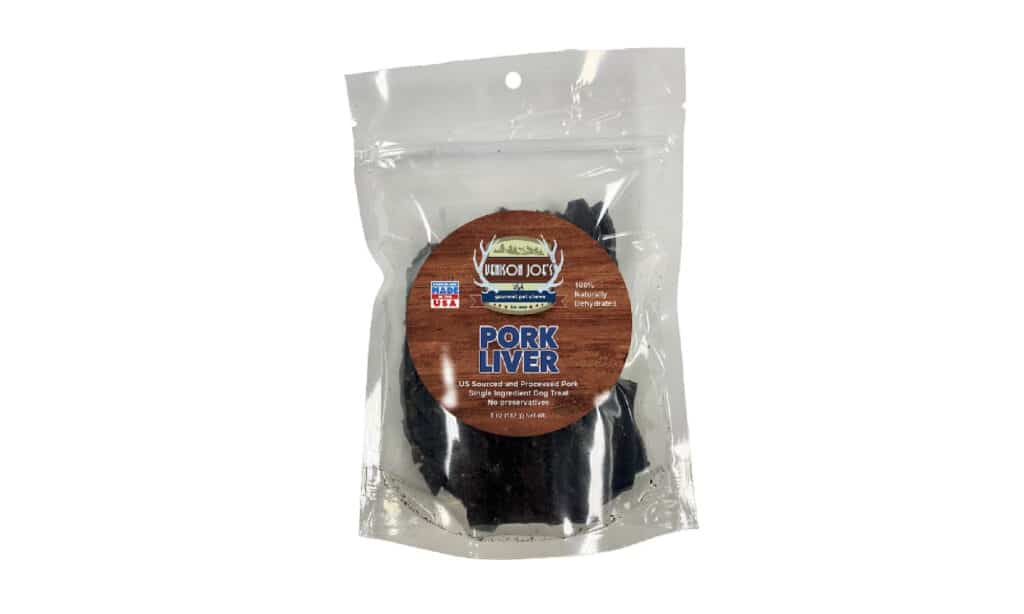Have you ever found yourself wondering if it’s safe to feed your furry friend a slice of Spam? As a dog owner, it’s natural to want to share your meals with your canine companion, but not all human foods are suitable for their consumption. Spam is a popular canned meat product that many of us enjoy, but is it safe for dogs to eat? In this blog, we’ll dive into the world of Spam and explore whether it’s a good idea to include it in your dog’s diet. From the ingredients list to potential health risks, we’ll cover everything you need to know about feeding Spam to your four-legged friend. So, let’s find out: can dogs eat Spam?
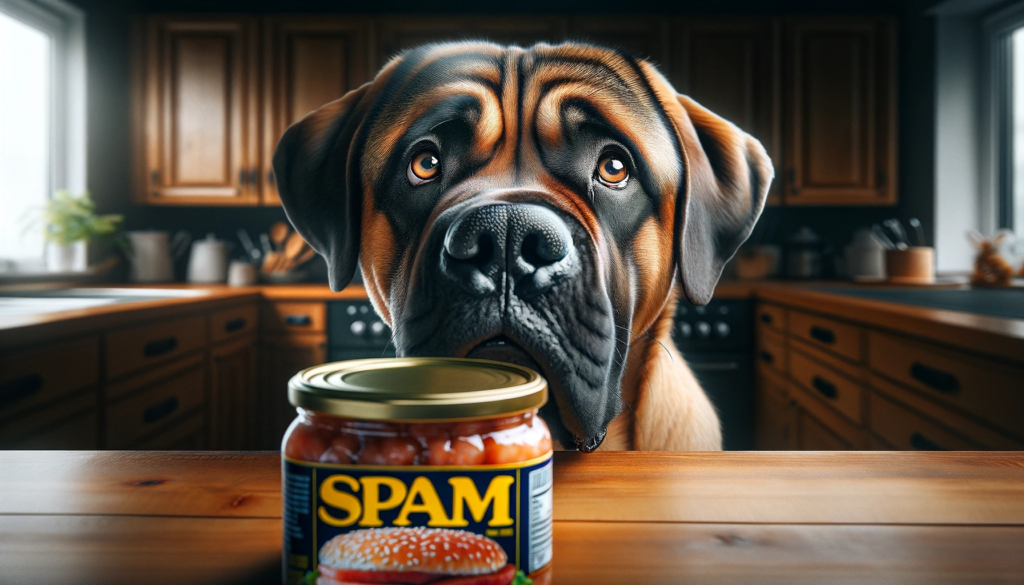
What Is Spam?
Spam is a canned meat product that was first introduced in 1937 by Hormel Foods Corporation. It’s made from pork shoulder meat, ham, salt, water, modified potato starch, sugar, and sodium nitrite, which is a preservative. The mixture is ground and then canned, creating the signature rectangular shape that many of us are familiar with.
Spam gained popularity during World War II due to its long shelf life and convenience for soldiers. Today, it’s a popular pantry staple that can be found in grocery stores all over the world. Can dogs eat it? Some pet owners may wonder about this popular human food enjoyed in sandwiches and fried rice.
It’s important to note that Spam is a highly processed food that contains a high amount of sodium, which can be harmful to dogs in large quantities. Additionally, the preservatives and additives used in the manufacturing process may not be suitable for canine consumption. Stick to a balanced diet for your dog’s needs instead of feeding them Spam, which may not be harmful in small amounts.
Can Dogs Eat Spam?
Many dog owners enjoy sharing their food with their furry friends, but not all human foods are safe for dogs to eat. When it comes to Spam, the answer is not straightforward. Dogs can eat pork and ham in spam, but it’s processed and high in sodium, which is harmful.
In small quantities, a slice or two of Spam is unlikely to cause any harm to your dog. Dogs’ dietary needs differ from humans and Spam’s additives may not be suitable for their bodies.
If you’re considering feeding your dog Spam, it’s always a good idea to check with your veterinarian first. They can provide you with guidance on whether Spam is safe for your individual dog and how much you can safely feed them. Feed your pet a balanced diet that meets their specific needs instead of relying on human food like Spam.
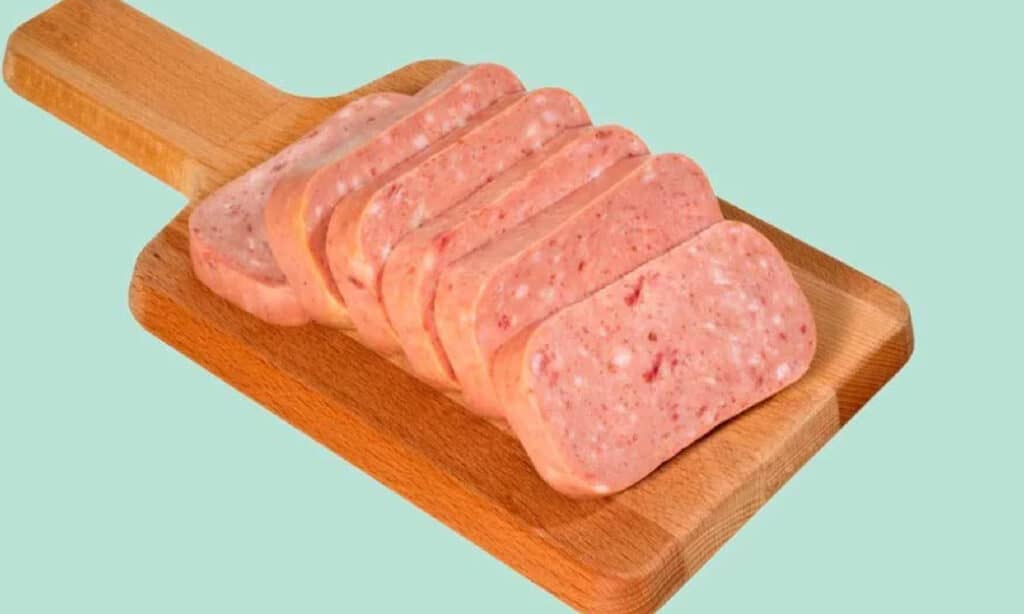
Harmful Ingredients in Spam
While Spam may be a tasty treat for us humans, it contains some ingredients that could be harmful to our furry friends. One of the main concerns with Spam is its high sodium content. Dogs need sodium, but excess can cause dehydration, kidney damage, and even death.
Spam contains preservatives like sodium nitrite, which prolong the shelf life. Sodium nitrite is linked to cancer and is toxic to dogs.Spam has additives like modified potato starch and sugar, which may not be ideal for dogs to consume.
If you consider feeding your dog Spam, keep in mind that this canned meat product undergoes high processing and may not be the healthiest option. Although Spam can be an occasional treat, a balanced diet tailored to your dog’s needs is generally best.
Safe Ingredients in Spam
Spam contains some potentially harmful ingredients for dogs, but it also has safe ingredients such as pork shoulder meat, making it safe in moderation.
In addition to pork shoulder meat, Spam also contains ham, which is another protein source that is safe for dogs to eat in moderation. Both of these meats provide essential amino acids that dogs need to maintain strong muscles and support overall health.
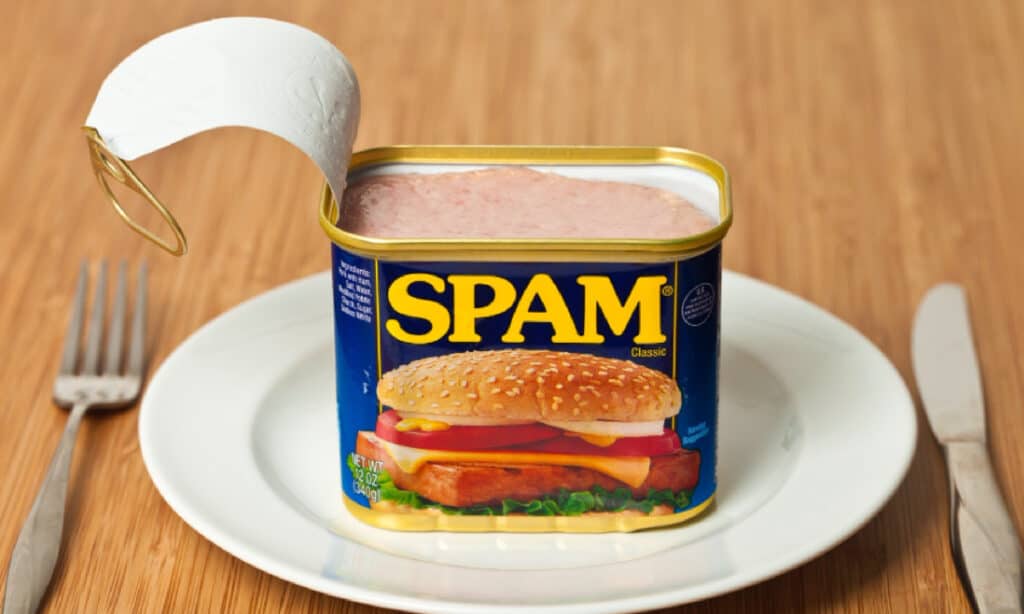
What Signs To Watch For If Your Dog Accidentally Ate A Lot of Spam?
If your dog accidentally eats a large amount of Spam, it’s important to keep a close eye on them for any signs of gastrointestinal upset or other symptoms. Some of the signs to watch for include vomiting, diarrhea, abdominal pain, lethargy, and decreased appetite.
Because Spam is high in sodium, your dog may also become thirsty or develop an increased need to urinate. In severe cases, a high sodium intake can lead to dehydration, which can be life-threatening for dogs.
If you notice any of these symptoms in your dog after they’ve eaten Spam, it’s important to contact your veterinarian right away. Vets can treat pets with medication for upset stomachs or dehydration using IV fluids.
When or If You Should Go To The Vet?
If you notice any of the symptoms mentioned earlier, such as vomiting, diarrhea, abdominal pain, lethargy, decreased appetite, excessive thirst, or decreased urination, after your dog has eaten a large amount of Spam, it’s important to contact your veterinarian right away.
These symptoms may indicate gastrointestinal upset, dehydration, or other serious health issues that require prompt veterinary attention. Dogs with pre-existing conditions may face complications from high sodium, preservatives, and additives in Spam.
Your vet can prescribe meds, fluids, or tests to treat symptoms or dehydration based on your dog’s condition.
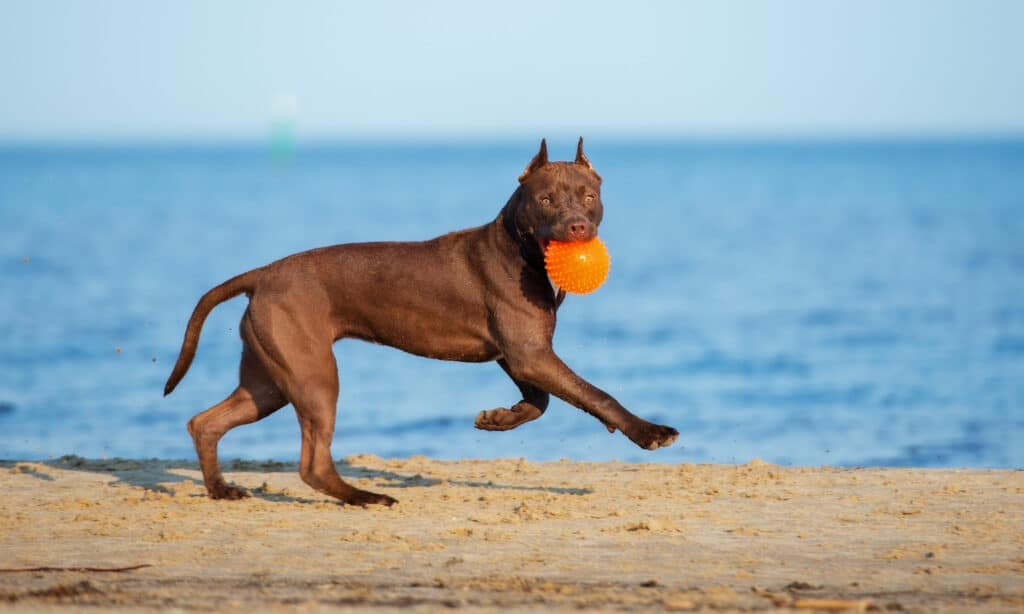
Safe Dog-Friendly Alternative to Spam
If you’re looking for a safe and healthy alternative to Spam that your dog can enjoy, there are plenty of options to choose from. Better options than Spam are cooked chicken, turkey, beef, or lean deli meats like turkey or chicken breast.
Another option is to offer your dog canned dog food, which is specifically formulated to meet their nutritional needs and is generally a safer choice than human foods. Choose a healthy dog food brand with natural ingredients and no harmful additives or preservatives.
In general, it’s always best to consult with your veterinarian before introducing any new foods into your dog’s diet. Vets guide you on ideal food and balance for your pet, ensuring nutritional needs are met.
Remember, while it can be tempting to share our human foods with our furry friends, not all human foods are safe for dogs to eat. A balanced diet for your dog’s needs provides the best possible care – stick to it!
Healthy Store-Bought Options:
In conclusion, while Spam may be a tempting treat for your furry friend, it’s important to be aware of the potential risks associated with feeding it to your dog. Highly processed Spam contains a lot of sodium and other additives that may not be suitable for canine consumption. Occasional Spam treats are okay, but it’s best to feed your pet a balanced diet tailored to their needs.
If you’re looking for a safe and healthy alternative to Spam, there are plenty of options available. Your dog can get essential nutrients from cooked chicken, turkey, beef, and lean deli meats.Canned dog food is a safe, convenient, and healthy option formulated specifically for dogs.
Remember, if you have any concerns about your dog’s diet or nutrition, it’s always best to consult with your veterinarian. Get expert guidance on the best foods for your pet and create a balanced diet to meet their nutritional needs.
By being mindful of what you feed your furry friend and providing them with a well-balanced diet, you can help ensure that they live a long, healthy, and happy life by your side.
~Lindsie

